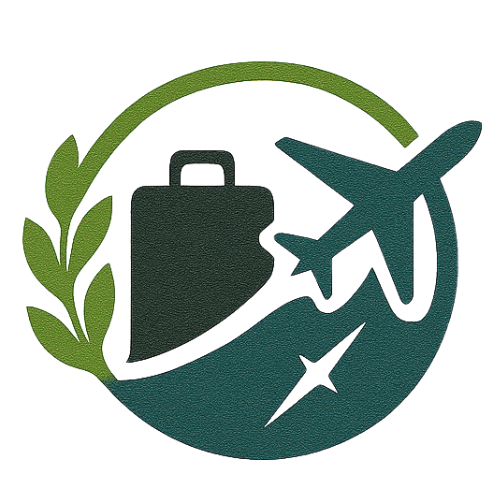
The Challenges of Workplace Distractions
In a bustling office environment, it can be challenging to stay focused amidst the constant hum of conversation and activity. Employees often find themselves surrounded by distracting chatter, which can impact productivity and mental well-being.
In 'How to mindfully ask people to stop yapping at your desk,' the discussion dives into mindful communication and workplace focus, exploring key insights that sparked deeper analysis on our end.
Mindfulness as a Solution
Mindfulness is more than just a buzzword; it offers practical tools to address distractions, especially in a workplace. Taking a moment to breathe and assess your surroundings can empower you to handle interruptions with grace and assertiveness.
How to Communicate Your Needs Effectively
When faced with distracting conversations, it's essential to express your needs. Approaching your colleagues mindfully can make all the difference. A simple statement like, 'Hey, I’m trying to focus on this task right now; could we catch up later?' conveys your message without coming off as rude or dismissive. This promotes a culture of understanding and respect.
The Importance of Setting Boundaries
Setting boundaries is critical in the workplace. It helps to foster an environment where everyone can work effectively. Encourage your team to respect say ‘quiet hours’ or use visual cues like headphones to signal your focus time, creating a more conducive workspace.
Shifting the Mindset: Embracing Collaboration
While the intent behind workplace chatter often comes from a place of camaraderie, it’s vital to find a balance between connectivity and productivity. Emphasizing a culture of mindfulness among colleagues can enhance team dynamics and ultimately improve workflow.
Practical Tips for Maintaining a Focused Workspace
Consider implementing a few simple strategies to maintain focus:
- Designating Quiet Time: Set specific blocks of time dedicated to deep work where conversation is kept to a minimum.
- Use Visual Signals: Flags, signs, or even dedicated 'quiet zones' can send clear messages about needed silence.
- Communicate Openly: Hold quick team check-ins to voice any challenges being faced regarding distractions.
By implementing these practices, individuals can contribute to a more balanced and productive work environment.
Conclusion: Empowering Yourself and Others
Navigating distractions in the workplace doesn’t have to be overwhelming. Through mindful communication and set boundaries, everyone can enjoy a more productive workspace. Equipping yourself with these skills not only empowers you but also inspires those around you to foster a more focused and respectful environment.
 Add Row
Add Row  Add
Add 




Write A Comment